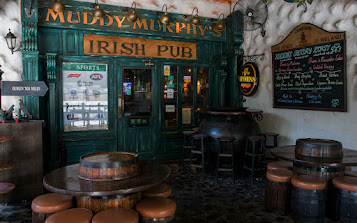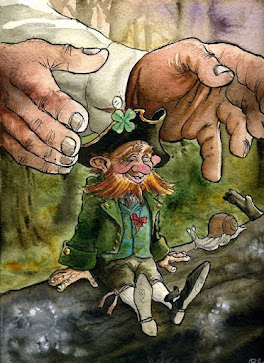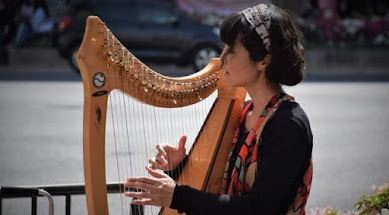The history of Irish pubs
The history of Irish pubs spans several centuries and is full of legend and history. These organizations have contributed significantly to Irish social, cultural, and political life and are a vital component of the nation's history. We shall delve into the intriguing past of Irish pubs in this post.
The early development of Irish bars
In the latter half of the 17th century, the first public houses or pubs in Ireland debuted. These businesses were established to give individuals a place to gather, consume alcohol, and dine. Since most people in Ireland at the time lived in rural areas, a village or town's pub was frequently the only public structure there. As a result, pubs swiftly rose to prominence as centers of neighborhood life.
Early Irish pubs were straightforward establishments, frequently consisting of a single room with a bar, tables, and seats. Yet, pubs became more ornate as their popularity increased. Pubs started to serve meals and provide live music, dancing, and other entertainment.
What the Temperance Movement did for society
Ireland's Temperance Movement started to pick up steam in the 19th century. This movement sought to encourage sobriety and deter binge drinking. As a response, the government passed a number of regulations that limited the sale of alcoholic beverages.
These laws had a considerable effect on Irish bars. A lot of bars were forced to close, and others had to operate illegally. Notwithstanding these difficulties, the bar continued to play a significant role in Irish culture.
Irish bars' involvement in the Easter Uprising
1916's Easter Rising was a turning point in Irish history. The attempt to overthrow British control in Ireland and create an independent Irish Republic occurred over the course of six days in April 1916.
The Easter Rising was significantly influenced by Irish pubs. Pubs served as both safe havens for rebel fighters and places where many of the rebellion's leaders congregated to strategize. Many pubs were shut down after the uprising was put down, and those that remained open came under increasing monitoring from the government.
Today's Irish bars
Irish pubs still play a significant part in Irish culture today. Both tourists and locals enjoy visiting them because of their welcoming atmosphere and traditional Irish music. Poem readings, live theater performances, and other cultural activities are often held in many Irish pubs, which have evolved into cultural institutions.
Concern over how alcohol is affecting Irish society has grown in recent years. Nonetheless, a lot of people still think that the bar should be conserved because it is a vital component of Irish culture.
In conclusion, Irish pub history is a rich and intricate one. Irish pubs have played a crucial role in Irish life for centuries, from their modest origins in the 17th century to their participation in the Easter Rising. They still play a significant role in Irish culture and heritage today, and this is likely to be the case for many years to come.








Comments
Post a Comment